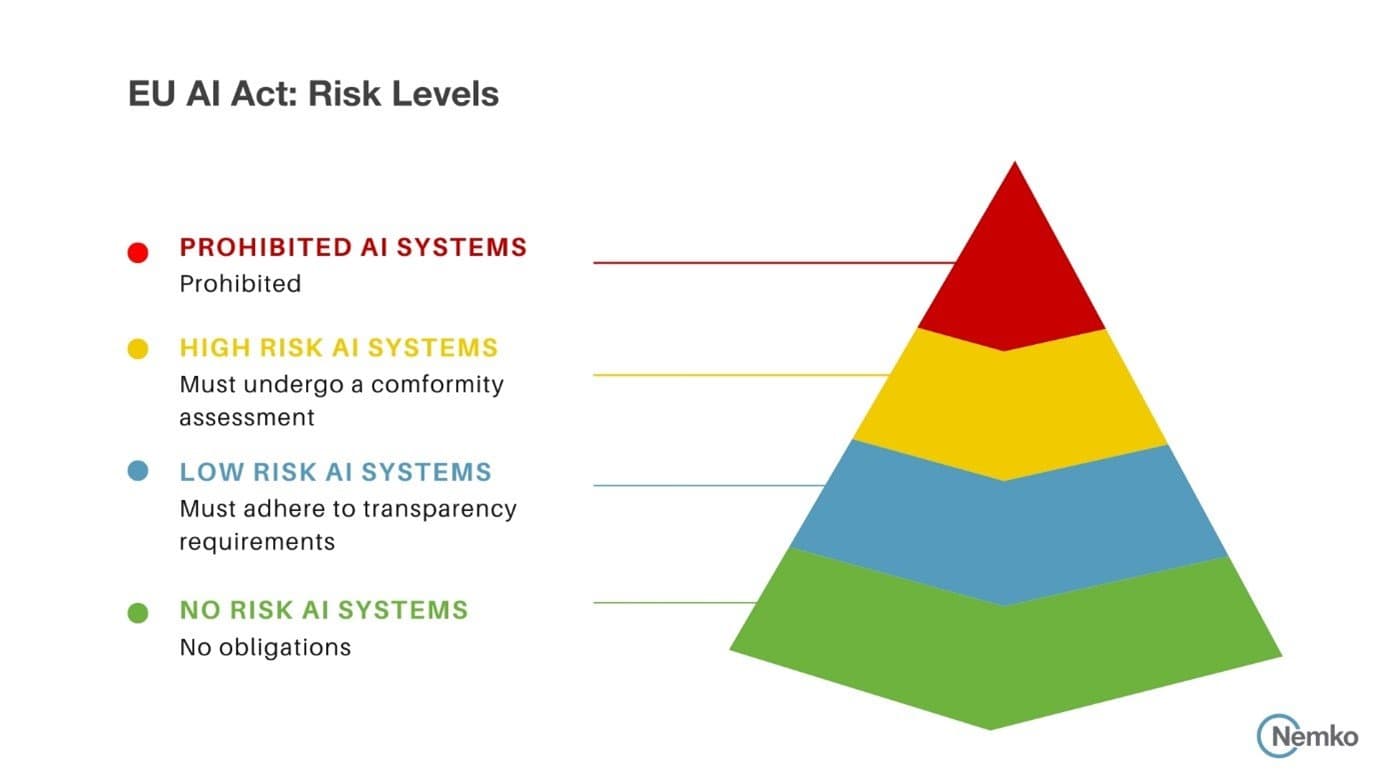EU Navigates Complex Digital Landscape with Robust Regulations Amidst Calls for Local Industry Growth

Brussels, Belgium – The European Union is actively shaping the global digital landscape through comprehensive regulatory frameworks for artificial intelligence, cryptocurrency, and social media, even as questions arise regarding the presence and growth of European companies within these sectors. A recent tweet from Michael A. Arouet highlighted this perceived disconnect, stating, "Europe has AI regulations without AI companies. Europe has crypto regulations without crypto. Europe wants to censor social media without social media companies. Will the EU bureaucrats ever notice the pattern?" This sentiment underscores a broader debate about the balance between regulation and fostering domestic innovation.
The EU AI Act, the world's first comprehensive AI law, entered into force on August 1, 2024, with various provisions rolling out over the next 36 months. This landmark legislation categorizes AI systems by risk, banning unacceptable uses and imposing strict requirements on high-risk applications, while also aiming to "turn the EU into a global hub for trustworthy AI." The Act includes provisions to support AI innovation and start-ups, requiring national authorities to provide testing environments and encouraging the development of "AI factories" and "gigafactories" to boost computing infrastructure and foster a strong European AI ecosystem. Lucilla Sioli, Director of the EU AI Office, emphasized that the regulation is not an impediment, stating, "I don’t see that piece of regulation as impediment for the European Union, for investment in AI to be delayed relative to other parts of the world."
In the realm of digital assets, the Markets in Crypto-Assets (MiCA) regulation, adopted in May 2023, established a harmonized legal framework for crypto-assets across the EU, becoming fully applicable by December 2024. MiCA aims to protect investors, ensure financial stability, and foster innovation within a regulated environment. While some in the crypto industry have expressed concerns about the regulatory burden, the framework is also seen as providing legal clarity that could attract legitimate crypto businesses to operate within the EU, offering a "passporting" system for licensed entities to operate across member states. This contrasts with the tweet's assertion of "crypto regulations without crypto," as the EU seeks to integrate and legitimize the sector.
Similarly, the Digital Services Act (DSA) and Digital Markets Act (DMA), which became fully applicable in early 2024, aim to create a safer and fairer online environment by holding large online platforms accountable for content moderation and promoting competition. These regulations target major tech companies, many of which are non-European, to address issues like disinformation and market dominance. The EU's approach seeks to regulate the services provided to its citizens, regardless of the companies' origin, rather than focusing solely on fostering domestic social media giants.
The European Commission continues to invest in digital infrastructure and skills, with initiatives like the "AI Continent Action Plan" and significant funding aimed at strengthening Europe's position in the global digital economy. These efforts suggest a strategic push to cultivate domestic talent and companies within these regulated sectors, challenging the notion that regulation inherently stifles local industry.